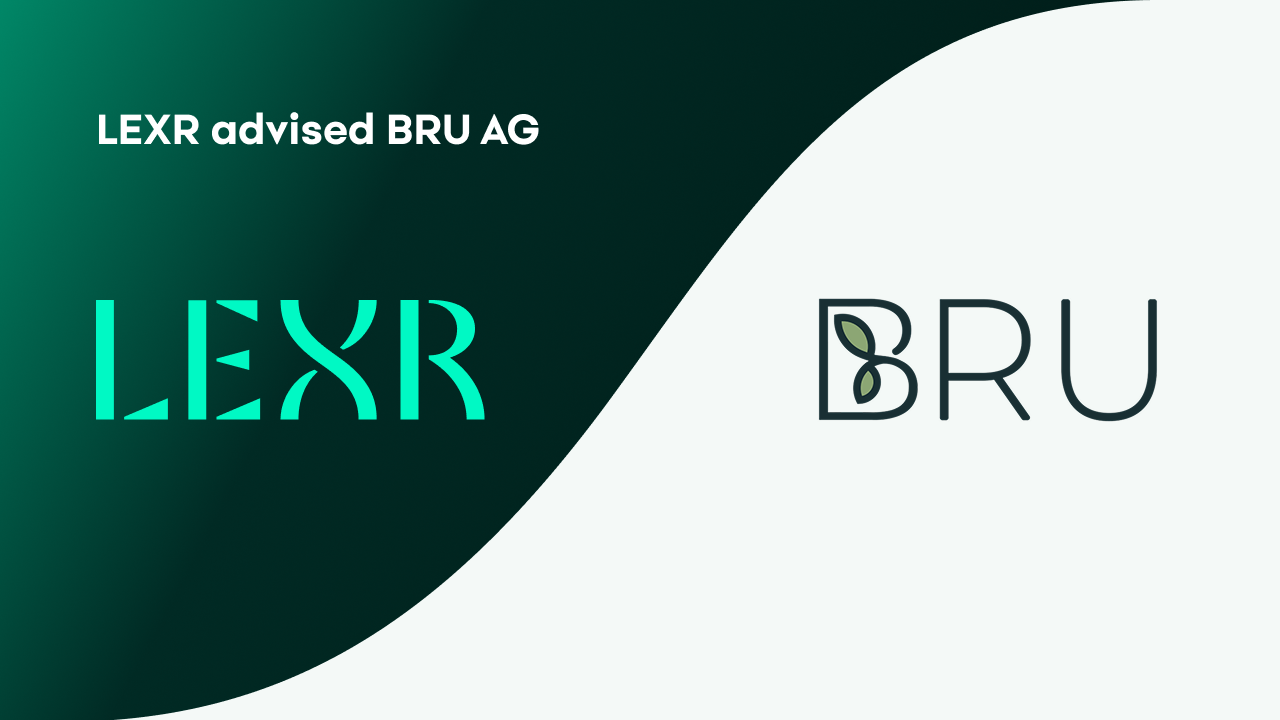Just as it can be sufficient for the fisherman to catch his fish with a small rowing boat, it makes sense for many companies to establish a GmbH at the beginning. But just as it makes sense for the fisherman to buy a large fishing vessel if he wants to expand and catch fish for the whole village, it may at some point make sense for a company to change its legal form.
In this article, we will first compare the most important characteristics of the limited liability company (GmbH) and the Swiss stock corporation (AG) and highlight both advantages and disadvantages of the GmbH (1.). With a focus on capital requirements and shareholder structure, we evaluate which legal form to choose for which venture (2.). Lastly, we look at the process of converting a company (3.), before addressing the timing and costs of the actual conversion (4.).
1 AG vs GmbH
According to statistics, the limited liability company (GmbH) is the most popular legal form for new incorporations in Switzerland. The main differences between the AG and the GmbH are summarized in the following blogpost: AG vs. GmbH: Why the AG is better suited for Swiss high-growth startups.
The GmbH and the AG are similar in many respects from a founder’s perspective. Many founders choose one of the two in particular because of the limitation of liability. The main advantage of the GmbH is the lower capital requirement of CHF 20’000. Also, especially in the early stages, confidentiality and fiduciary duties of the shareholders towards the company can be advantageous, if all participants also work for the company.
For most investors, however, there are too many disadvantages of investing in a GmbH:
- Their investment is publicly visible in the commercial register;
- Each transfer requires a burdensome registration process with the commercial register;
- The statutory non-compete and fiduciary duties are unwanted; and
- The high minimum stock split at CHF 100 is impractical for the investments and employee participation plans (large rounding differences).
Therefore, conversion into an AG is often a must to attract investors.
2 The choice between AG and GmbH
To answer the question of whether the AG or a GmbH is the right legal form for your venture, it makes sense to focus on two topics:
- Cash requirements; and
- Shareholder structure.
If you can run your business without outside investors and the number of shareholders remains small and stable, the GmbH is the right legal form for most ventures. However, if you want to bring various investors on board and distribute the shares among a larger number of people, the AG is often the more suitable legal form.
3 Converting a GmbH into an AG
Under the Swiss Merger Act, there is a simple and straightforward way to convert a company into a new legal form without prior liquidation. This also means that no existing contracts need to be terminated or transferred. Rather, all rights and obligations are transferred to the new legal entity by law. The process of converting a GmbH into an AG is typically done in two steps:
- Capital increase to meet the capital requirements of the AG; and
- Conversion into the new legal form under the Swiss Merger Act.
3.1 Capital increase
The minimum share capital of the AG is CHF 100’000 (min. CHF 50’000 paid in). Since the majority of companies in the legal form of a GmbH have a share capital of less than CHF 100’000, the share capital must be increased to CHF 100’000 (nominal) in a first step. From a founder’s perspective, the following two steps, in particular, are necessary for the capital increase:
Cash payment (by the existing or new shareholders into a blocked bank account) or converting freely usable equity (frei verwendbares Eigenkapital, e.g., retained earnings) into share capital;
Notarized shareholders’ and board resolution resolving and implementing the capital increase.
The legal documentation for this should be prepared by a legal adviser. In addition to the corporate law documents, this may also include an investment agreement (in the case of new investors) and, if necessary, an amendment to the shareholder agreement.
3.2 Conversion
Immediately following the capital increase (at the same notary appointment), the shareholders hold an additional shareholders’ meeting in front of a notary public. In this meeting, the shareholders resolve on the conversion of the company into an AG. This meeting also approves the new articles of association and elects the board of directors (may also be the same persons as in the GmbH).
The following steps must be taken for the conversion:
- Preparation of legal documentation by a legal advisor (e.g. conversion plan and conversion report, board resolution, new articles of association);
- Preparation of conversion balance sheet by the company (annual/interim financials not older than 6 months);
- Hold shareholders’ meeting in front of a notary public.
After that, the conversion will be filed with the commercial register together with the capital increase. As soon as the change of legal form is entered in the commercial register, the conversion is legally effective.
4 Timing and costs
Timing: The conversion becomes legally effective upon registration in the commercial register. The total time required for the individual steps is approx. as follows (for small and medium-sized companies):
| Capital Increase and Conversion | Approx. days |
|---|---|
| Open blocked account (capital increase) | 1-3 |
| Payment to a blocked account (capital increase) | 1-3 |
| Annual or interim financial statements (audited if capital increase by converting freely usable equity | 3-5 |
| Preparation of legal documents and notary appointment (in parallel) | 2-5 |
| Registration with the competent commercial register | 5-12 |
| Total | 10-23* |
*some of the steps can be carried out in parallel.
Costs: The costs comprise in particular the following positions (for small and medium-sized companies):
| Position | Approx. CHF |
|---|---|
| Legal Fees | 2’500 |
| Notary | 1’200 |
| Commercial Register | 600 |
| Blocked bank account | 100 |
| Auditor (if needed) | 800 |
| Total | ± 5’200 |
5 Summary
If a company is looking for outside investors or wishes to implement an employee stock participation, there is often no way around converting the GmbH into an AG. Firstly, the anonymity of the shareholders can be maintained. Secondly, the transferability of the shares is made easier, as there is no additional need for an update in the commercial register for every transfer of shares. In addition, there are ancillary obligations such as non-compete obligations for shareholders of an AG. In most cases, the share capital must be increased to CHF 100’000 (of which CHF 50’000 must be paid in) before the company can be converted. The conversion takes two to four weeks and costs approximately CHF 4’000 – CHF 5’000 in total.












